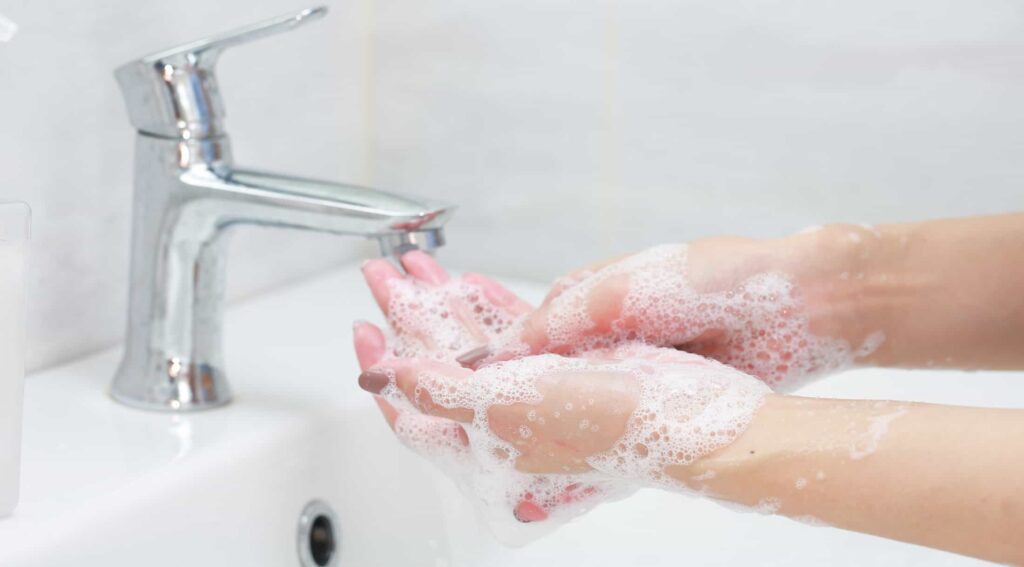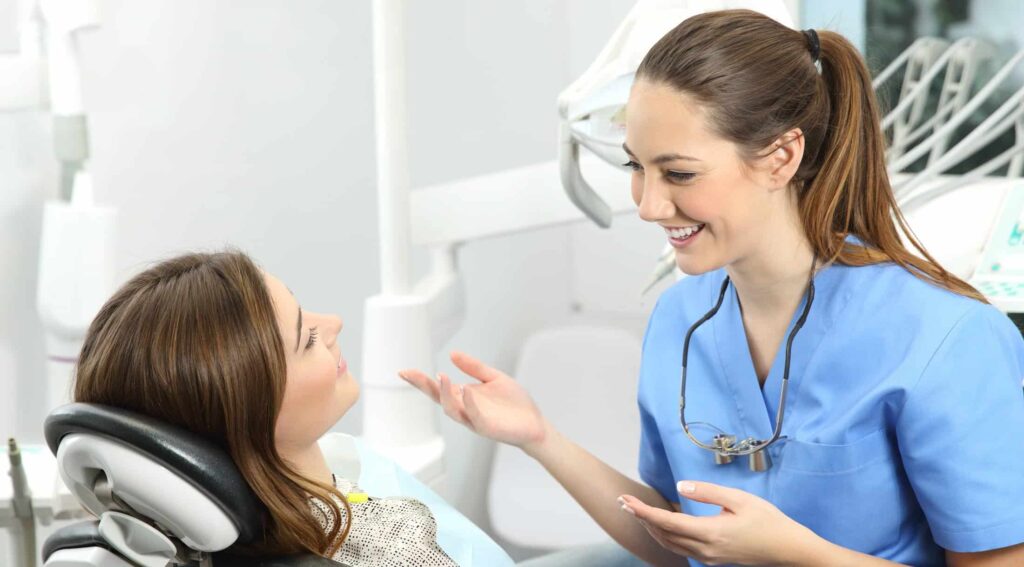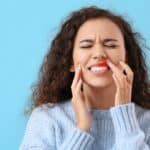While social distancing helps to a great degree, following strict personal hygiene is one of the most important tools to prevent the spread of the COVID-19 infection. Regular handwashing with soap for at least 20 seconds or using hand sanitiser gel when washing with soap is not possible, not only protects you, but also protects those around you.
From an oral point of view, there are a few simple rules you can follow to prevent spread of the COVID-19 infection.
Wash hands often
It is a well-known fact that during the cold and flu season, you are advised not to touch your face, especially if you are out in a public space. Every time you touch your mouth, nose or eyes, you transfer bacteria or viruses either from yourself or from any contaminated surface you have been exposed to. This is the primary way that certain bacteria and viruses spread apart from airborne transmission. So, even if you wash your hands regularly, there are plenty of opportunities to re-contaminate your hands in between when in public spaces.
Don’t touch your face
It is an unconscious habit for most of us to touch our faces. Whether it is to scratch an itch, rub a nose or straighten hair, we cannot seem to keep our hands away from our faces. Studies have shown that we can touch our face over 20 times per hour and may touch public surfaces 3 times an hour on average. Public surfaces that we touch, such as shopping trolleys, self-checkout machines or public toilets can be covered in greasy bio-films brimming with bacteria. Health experts claim that COVID-19 can survive on these types of surfaces for several hours or more. So, the next time you wash your hands with soap for 20 seconds, try to avoid touching public surfaces and your face until the next hand wash
Don’t share a toothbrush
It does not matter if it is your partner or family, you should never share your toothbrush with anybody else. This is one way that viruses and blood-borne diseases can be caught from other people. Also, you should ensure that toothbrush heads are also kept apart from each other specially in the case of electric brush heads that they don’t touch each other when stored in one box.
Change your toothbrush regularly
It is important to change your toothbrush or brush head at least every three months. Maybe even earlier if the bristles become frayed. This helps to ensure you are brushing your teeth effectively. A worn brush cannot do the job it has to do, which is brushing your teeth effectively Changing your brush regularly also helps prevent the spread of bacteria. If you have had the coronavirus (or suspect that you may have), get a new toothbrush or brush head.
Close the toilet lid before you flush
Most of the times in modern houses, the toilet is located next to the sink where the toothbrushes are kept. If you store your brush anywhere near your toilet, it is proven that spray from an open toilet flush can contaminate surfaces even far away, which means your toothbrush. Research has shown that the virus can be spread via faecal matter. So, make sure your toothbrush is a safe distance away from your toilet, or better yet make sure you close the lid before you flush.
Clean your bathroom regularly
Bathrooms are the place where we store our toothbrushes, towels, toiletries and other intimate items. It is also the place we go in order to get clean. So, it is important that the surfaces in your bathroom are cleaned regularly using a bleach-based cleaning product.
Don’t forget the basics
Our oral health should always be a priority. Do not forget to brush daily in the morning and night and to floss regularly. Drink plenty of water and cut down on sugary and fizzy drinks. If you have an infection, it is also advisable to gargle with salt water or a mouthwash.
Visiting the dentist
In this situation, maintaining a regular visit to the dentist is not possible except in the case of an emergency. However, you can always call or contact or call your dentist if you have any concern about your dental hygiene or if you have been tested positive for COVID-19 and want to follow precautions on dental hygiene. As always check with the Department of Health for the latest advice on COVID-19 and looking after your health.
For better oral health, hygiene and well-being it is important we follow these simple guidelines to protect ourselves and each other.
Have any questions? We can help. Call our friendly team on 3390 6100 or email us for more information on General Dentistry or Cosmetic Dentistry. Or click here to book your appointment.
Source: Compiled from websites.










